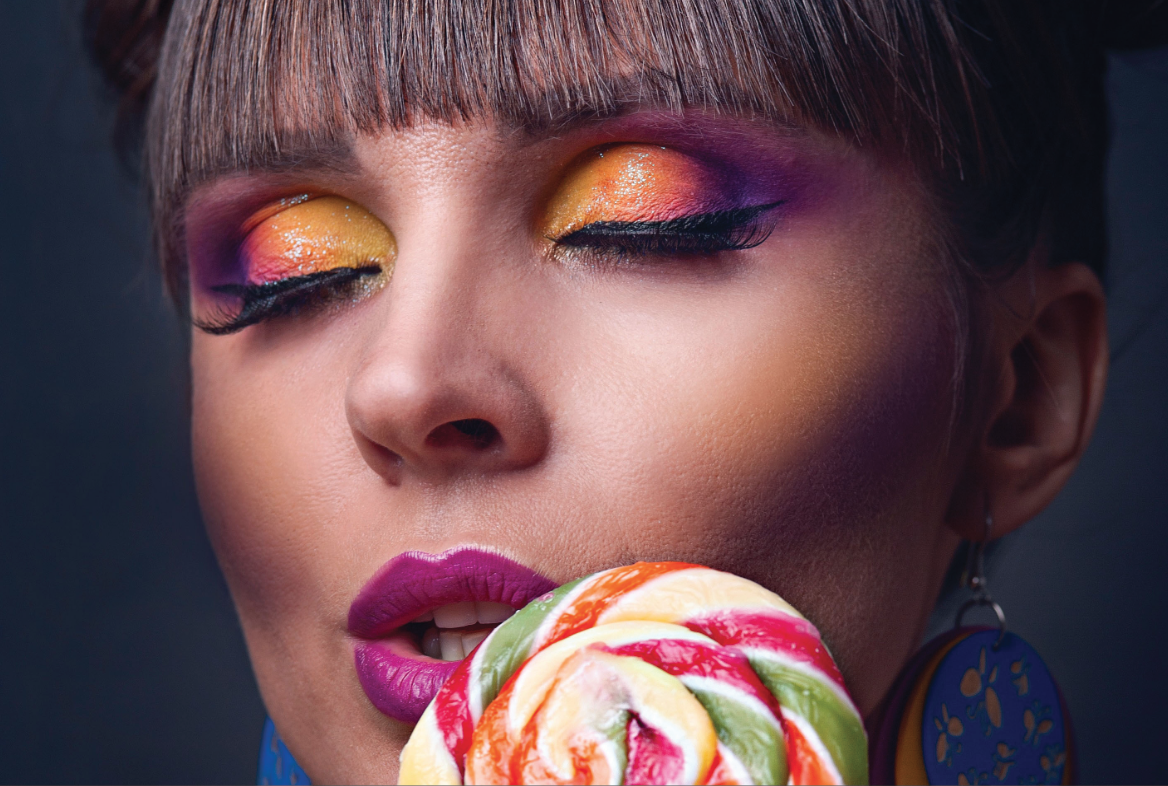
Angelisse Alvarez
Contributing Writer
“Being rare is about being comfortable with yourself,” says actress and singer Selena Gomez in an Instagram video announcing her new makeup brand, “Rare Beauty.”
“Rare Beauty isn’t about how other people see you. It’s about how you see yourself,” she concludes.
As beauty content has saturated social media within the past few years, more makeup brands continue to launch.
I have noticed several of these brands pushing the philosophy that their products are strictly intended to influence self-confidence and empowerment among consumers.
As a passionate wearer of makeup, I have wondered to what extent is this philosophy upheld among modern makeup wearers.
The makeup application process is both a soothing and creatively driven experience for me.
When I open an eyeshadow palette, I am enthralled by the selection of vibrant, stimulating colors of various formulas.
I meticulously wipe my finger across each smooth surface of soft mattes, glistening shimmers, and metallics.
I am impatient to decorate my eyes with them.
My relationship with makeup wasn’t always as positive.
It shifted towards a positive direction when I changed my approach towards it.
The more I recognized and appreciated the artistic aspect of makeup, the more excited I felt to use it.
I felt less pressure to use makeup as alleviation of my insecurities, and more comfortability in experimenting with different techniques and makeup looks.
Using makeup my own way, while only purchasing products I wanted to be made. Wearing makeup feels less like a requirement and more enjoyable.
But as my mindset continues to solidify, I do still find myself uneasy to leave my house without concealer or mascara on here and there.
I force myself to ignore the urge, but sometimes the struggle to conceptualize simply leaving my house without applying at least something onto my bare face creeps back in.
Using makeup to feel comfortable existing outside of my home as a form of self-confidence has conflicted with me for a long time.
Brands relying on this angle in their narratives is as suspicious as it is manipulative on their parts.
The evolvement of feminism and its takes on challenging the beauty standards that have been imposed onto women thus has its natural upbringing within this subject.
Is wearing makeup an endorsement of these ideals, and in extension, a contradiction towards feminism?
Could wearing makeup truly be associated with confidence in a positive way?
I believe that wearing makeup is not an inherently feminist or anti-feminist action.
Women who feel a strong obligation to wear makeup and give into doing so are simply trying to navigate their way through the pressure.
An individual deciding to wear makeup does not lack progressivism.
Simultaneously, wearing makeup is not an inherently feminist action.
The movement does not gain or lose as a result of an individual’s decision to wear makeup, and the decision does not restrict a woman from calling herself a feminist.
Self-empowerment and the journey to self-confidence is very personal and individualized as its meaning and achievement vary from person to person.
When discussing if there are negative links between makeup and self-confidence, we should remember to place emphasis on the roles that brand promotion and capitalism play in the beauty industry.
I continue to love makeup and the creative inspiration it gives me.
In that sense, it does give me confidence as I feel empowered when showing off the art that I’ve created on my face since I believe without a doubt that makeup is an art form.
My goal, however, is to feel the exact same way bare-faced.
Email Angelisse at:
aalvarez4@live.esu.edu

